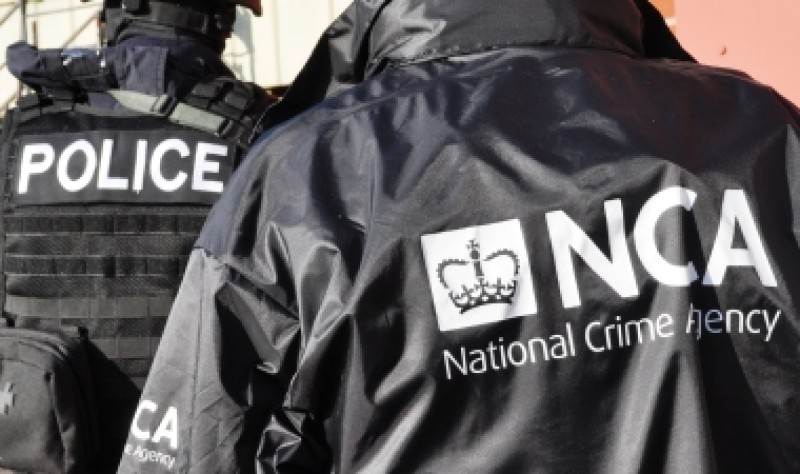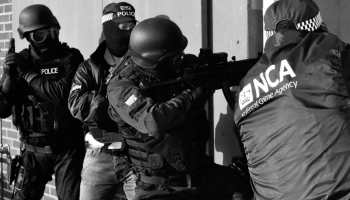Organized crime “kills more people every year than terrorism, war and natural disasters combined,” NCA Director General Lynne Owens said.
“It affects more UK citizens, more frequently than any other national security threat. And it costs the UK at least £37 billion (US$48 billion) a year – equivalent to nearly £2000 ($2,600) per family,” Owens explained.
“The numbers are vast – but the threat is growing and evolving at breakneck speed,” Owens said.
For example, sex trafficking of minors has been a major problem, with an increase in referrals of online child sexual abuse by 700% over the last seven years, the agency reports.
Nearly three million accounts are registered on child pornography sites throughout the dark web, and the agency estimates that over 5% originate from the UK.
The dark web “allows criminals to hide their location and identity,” Owens said.
“In one case, we targeted the users of a dark web site containing more than 145,000 videos of the most horrendous child sexual abuse, which had been downloaded more than a million times,” she added.
To fight all this, the current annual budget of over £400 million (US$518 million) should be increased by at least £650 million ($842 million) for at least the next three years, the agency suggested.
However, instead of greater funding to address these threats, the UK government has consistently reduced its resources for law enforcement as part of a conservative tide led by former Prime Minister David Cameron.
An independent watchdog of the UK government, the National Audit Office, has reported a 19% reduction in funding for police and related agencies and an 18% reduction in the total police force since the 2010 coalition government.
The law enforcement agency’s study estimates that nearly 40,000 people are associated with over 4,000 organized crime groups in the UK, with an estimated 181,000 suspected offenders of crimes under the agency’s authority, including sex, drug, and human trafficking.
The report suggests that the traditional model of organized crime groups is rapidly changing. Now the so-called dark web facilitates a black market, hard-to-track cryptocurrencies are used to launder money, and the internet is used to regularly extort individuals and organizations.
“None of us are complacent about the scale of the challenge that faces us,” Owens said. “It is a challenge that is made all the greater by the overwhelming pace at which technology is developing – both as an enabler of crime and accelerator of harm.”






